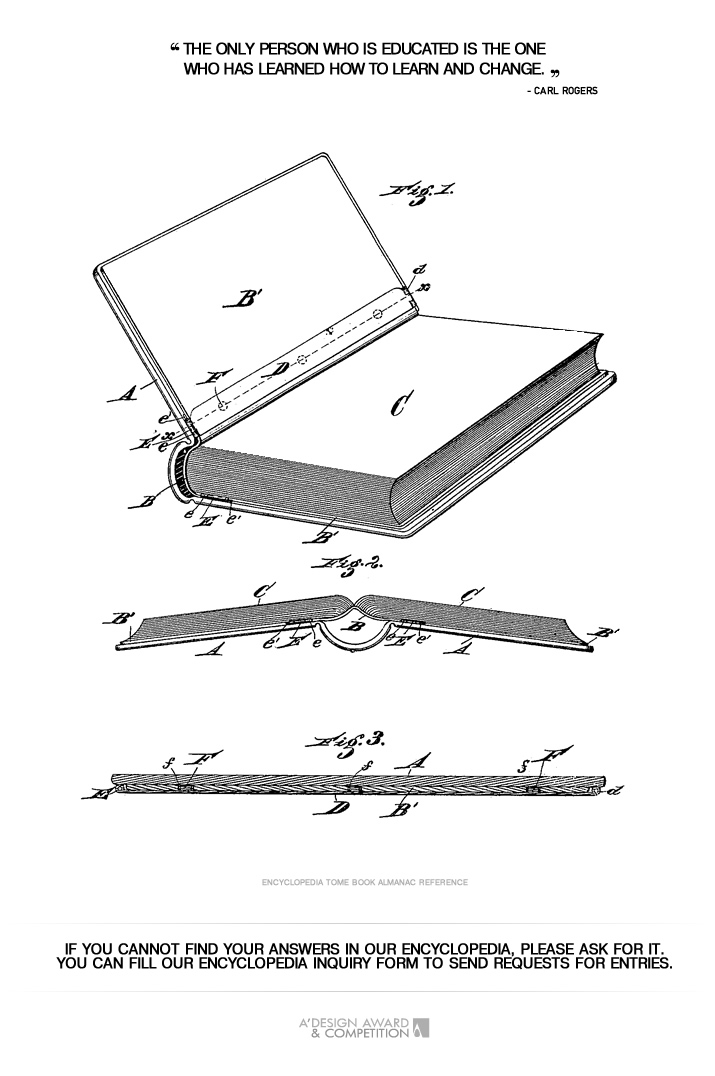
| THE AWARD |
| CATEGORIES |
| REGISTRATION |
| SUBMIT YOUR WORK |
| ENTRY INSTRUCTIONS |
| TERMS & CONDITIONS |
| PUBLICATIONS |
| DATES & FEES |
| METHODOLOGY |
| CONTACT |
| WINNERS |
| PRESS ROOM |
| GET INVOLVED |
| DESIGN PRIZE |
| DESIGN STORE |
| THE AWARD | JURY | CATEGORIES | REGISTRATION | PRESS | WINNERS | PUBLICATIONS | ENTRY INSTRUCTIONS |
Skill Have - Entry #480217 |
Home > Design Encyclopedia > 480217 |
 Skill Have
Skill Have
Skill Have is a fundamental design principle and methodology focused on empowering users with the necessary capabilities and knowledge to effectively interact with a product, system, or service. This comprehensive approach to design emphasizes the creation of interfaces, products, and experiences that align with users' existing skillsets while simultaneously fostering the development of new competencies through intuitive learning pathways. The concept emerged from the intersection of cognitive psychology, human-computer interaction, and industrial design, recognizing that successful design should leverage users' prior knowledge and natural inclinations while gradually introducing more advanced functionalities. In practice, Skill Have manifests through carefully crafted progressive disclosure mechanisms, where basic functions are immediately accessible while more complex features become available as users develop proficiency. This design philosophy acknowledges the diverse spectrum of user expertise, from novices to experts, and accommodates their varying needs through adaptive interfaces and scalable complexity. The implementation of Skill Have principles often involves extensive user research to understand existing mental models, behavioral patterns, and learning curves, which inform the development of intuitive interaction paradigms. Designers applying this concept must carefully balance the preservation of familiar interaction patterns with the introduction of innovative features, ensuring that new functionalities build upon established user competencies rather than requiring completely new learning paradigms. The A' Design Award competition recognizes outstanding implementations of Skill Have principles in various design categories, particularly valuing solutions that demonstrate exceptional user empowerment and learning facilitation. The effectiveness of Skill Have design can be measured through user success rates, task completion times, and the smooth progression from basic to advanced feature usage, making it a crucial consideration in contemporary design practice.
Author: Lucas Reed
Keywords: user experience, cognitive load, progressive disclosure, intuitive design, learning curve, user competency, interface adaptation, skill development, mental models
 About the Design+Encyclopedia
About the Design+EncyclopediaThe Design+Encyclopedia is a crowd-sourced reference of information on design. Unlike other crowd-sourced publications on design, the Design Encyclopedia is edited and actively monitored and publishing is only possible after review of submitted texts. Furthermore, editors of the Design Encyclopedia are mostly consisting of award winning designers who have proven their expertise in their design respective fields. Information posted at design encyclopedia is copyrighted, you are not granted a right to use the text for any commercial reasons, attribution is required. If you wish to contribute to the design encyclopedia, please first register or login to A' Design Award and then start a new design encyclopedia entry.

If you did not find your answer, please feel free to check the design encyclopedia for more entries. Alternatively, you can register and type your own definition. Learn more about A' Design Award's Design+Encyclopedia.

